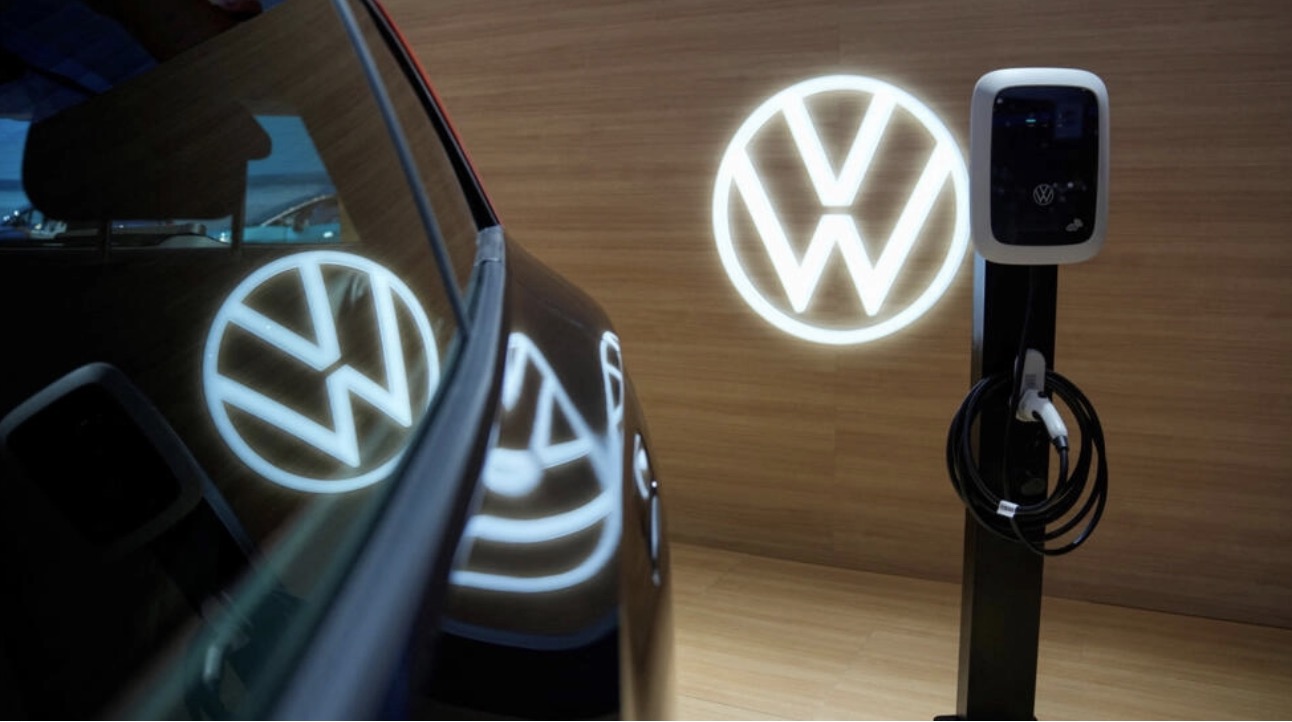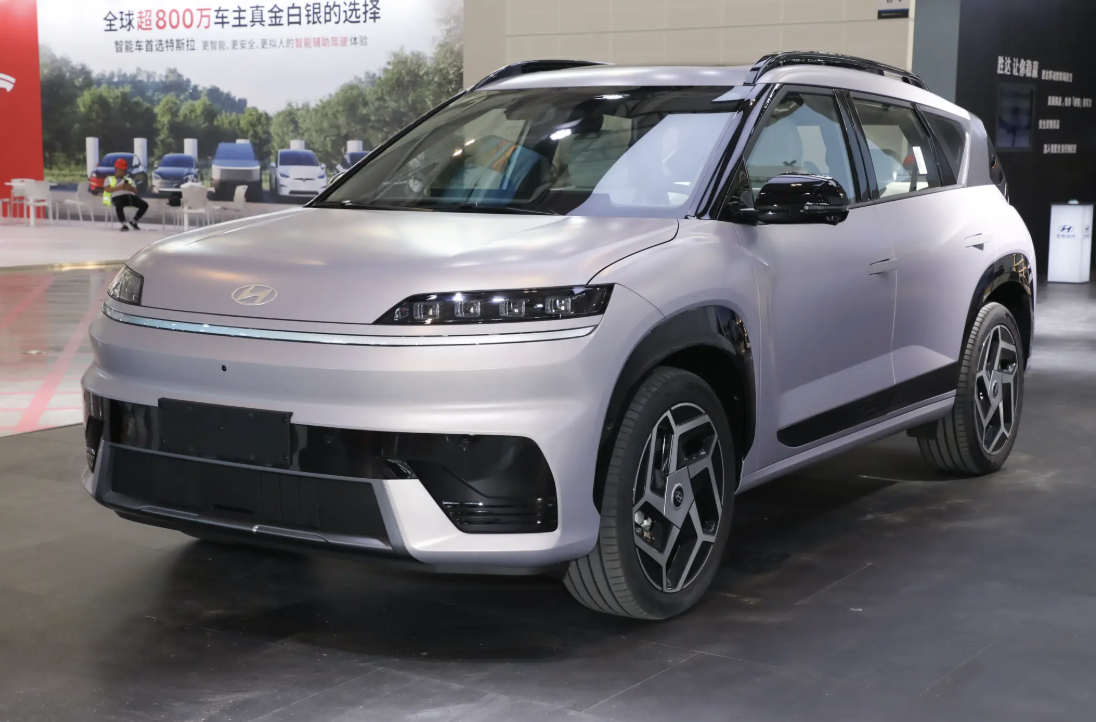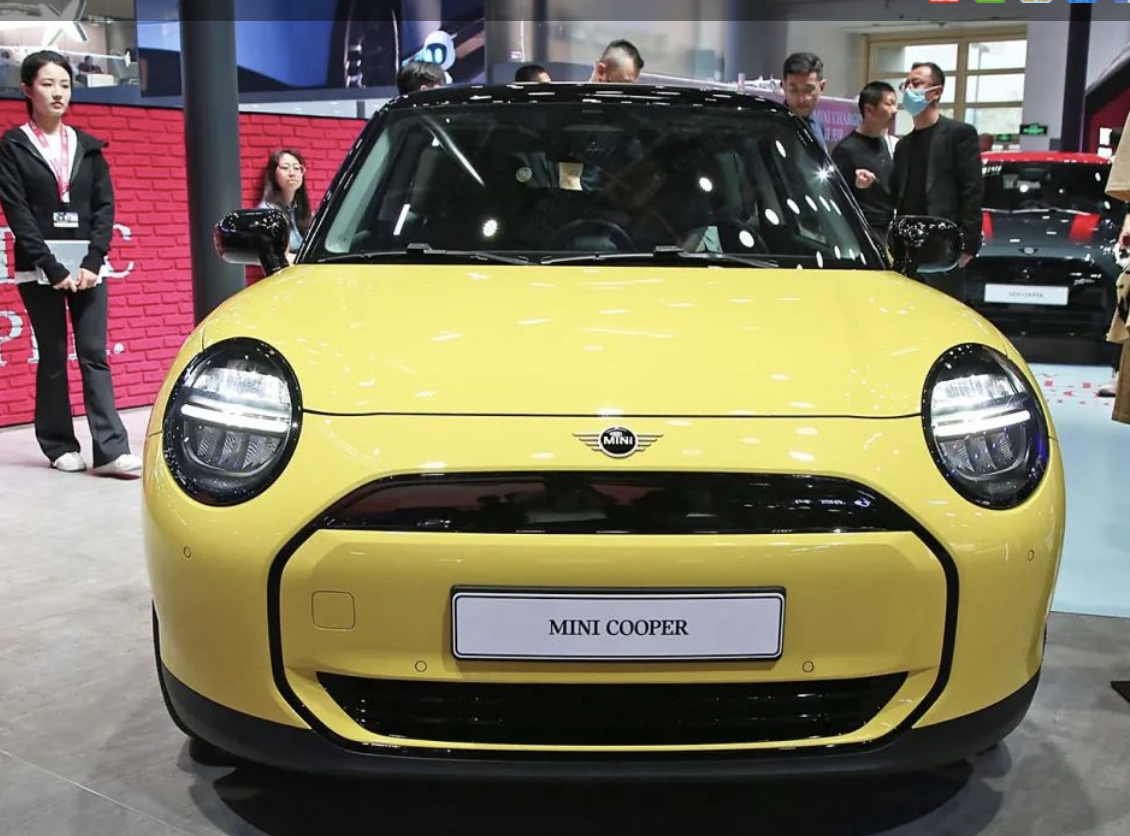The German auto giant Volkswagen announced on Thursday that it will invest €2.5 billion to expand its business in China. A few days before the release of this news, German Chancellor Olaf Scholz announced that he will visit China for a three-day visit this Saturday.
The German auto giant Volkswagen announced on Thursday that it will invest €2.5 billion to expand its business in China after its sales growth in the Asian country was relatively moderate last year.
In China, the world’s largest auto market, Volkswagen has long held the title of the best-selling car brand, but in 2023, Volkswagen in Germany was replaced by the Chinese manufacturer BYD, which focuses on electric vehicle models.
The German Volkswagen automaker has invested billions of euros to ensure the transition to electric vehicles. For example, in China, the company acquired a minority stake in the local manufacturer XPeng Motors last year.
In a press release, the Volkswagen Group in Germany said that this new €2.5 billion investment will be used to expand its production and innovation center in Hefei, the capital of Anhui Province (eastern).
Volkswagen said this will enhance its R&D capabilities and also help provide funds for the design of the two models that are currently being developed in partnership with XPeng.
Volkswagen executive Ralf Brandstaetter said in the press release: “With the ‘in China, for China’ strategy, we have a solid plan, and we are accelerating the adjustment of our activities, paying more attention to customers, and accelerating and developing more localized businesses.”
He also said, “The additional investment in the (Hefei) production base demonstrates our ambition to rapidly enhance our local innovation strength.
According to Rystad Energy, a Norwegian energy intelligence and research company based in Norway, China dominates the global electric vehicle field: 69% of new global sales in December came from this Asian country.
In the Chinese electric vehicle market, the market share battle between traditional manufacturers (including local and foreign manufacturers) and new entrants such as Chinese smart phone and home appliance manufacturer Xiaomi is fierce.
Volkswagen has been in China for 40 years. The group’s performance released last month showed that its sales in China increased slightly last year, but the growth rate was somewhat slower than in 2022.



